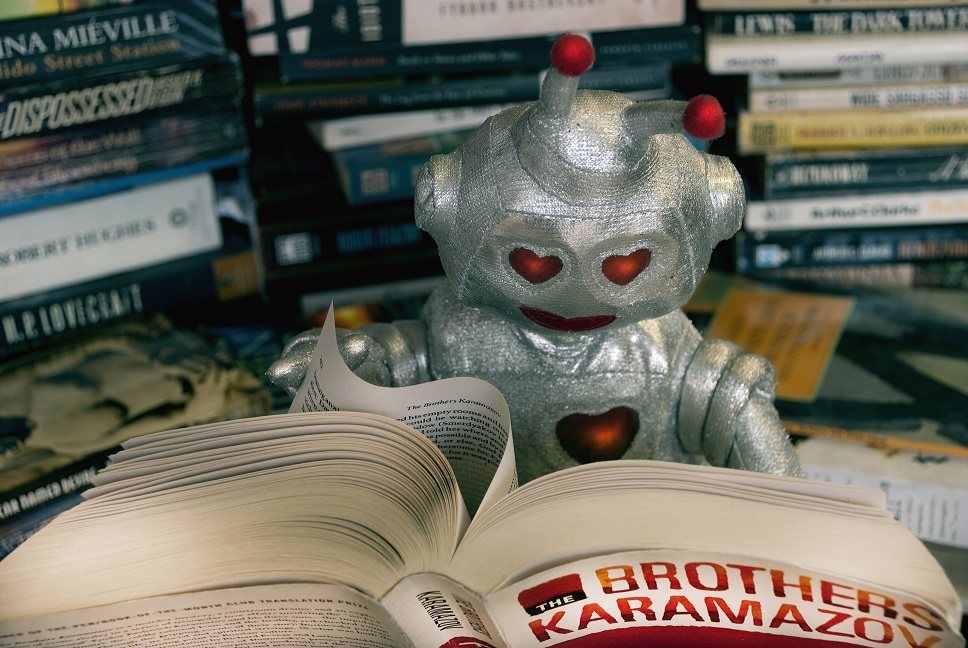
Machine-learning algorithms are slowly streamlining the way we live our lives, eliminating one mundane task after another; we’ve already surrendered route-planning and social life, so why not also give up the time we’d spend sifting through boring text like appliance manuals? A Canadian machine-learning firm called Maluuba has reached an unprecedented benchmark with its recent announcement of an algorithm capable of reading and interpreting text with startling accuracy.
So much so, that the software read Harry Potter and the Philosopher’s Stone and answered basic questions about the plot with 70 percent accuracy. Unlike all the other competition in the space, Maluuba’s solution is the only one able to function with small amounts of texts.
The software intends to alleviate humanity of ever having to read mundane text by doing it for us, and answering whatever question we may have. “We’re interested in use cases like user manuals, patient records, or customer service documents,” says Mohamed Musbah, vice president of product for the company. “In those areas, you don’t have a glut of data.” Looking at it from the larger picture, we see that Maluuba is essentially building a context-sensitive search engine that can comprehend text.
Maluuba’s team trained the system by using a neural-network technique called deep learning, which aspires to model high-level abstractions in data through multiple layers of complex structures; meaning, the neural network evaluates the text through different layers of concepts—words, phrases, and sentences.
Make no mistake; this is no small feat—comprehending text is one of the most challenging hurdles to overcome in artificial intelligence research as computers lack an understanding of how the real-world functions, and therefore, cannot make sense of situational language. Essentially, Maluuba has made progress toward a future in which we can offload the trite aspects of our consciousness to a machine, clearing up mental bandwidth for abstract thinking and creativity.
Someday we may even have a reading comprehension algorithm capable of interpreting our notes and schedules then providing suggestions on how to best manage out time. Luddites may scoff, viewing this scenario as an affront to self-determination; but to others, this is merely cleansing our lives of time wasting activities.
Source: MIT Technology Review
Advertisement
Learn more about Electronic Products Magazine





